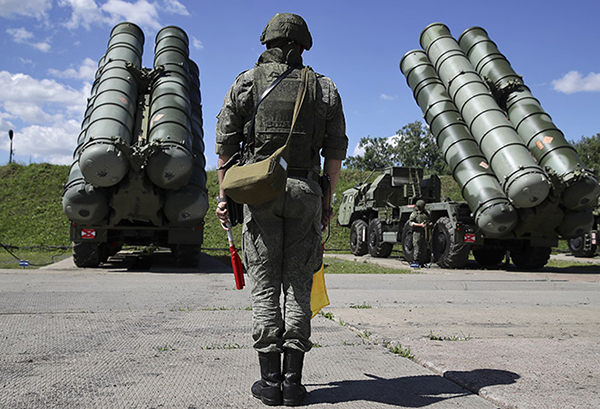The US House of Representatives, on 14 July, passed a legislative amendment that approves an India-specific waiver for punitive CAATSA sanctions for its purchase of the S-400 missile defence system from Russia. Authored and introduced by Indian-American Congressman Ro Khanna, the amendment urges the Biden administration to use their authority to provide India with a Countering America’s Adversaries Through Sanctions Act (CAASTA) waiver to help deter aggressors like China.
The legislative amendment was passed on 14 July by voice vote as part of an en bloc (all together as a single unit) amendment during floor consideration of the National Defence Authorisation Act (NDAA).
“The United States must stand with India in the face of escalating aggression from China. As Vice Chair of the India Caucus, I have been working to strengthen the partnership between our countries and ensure that India can defend itself along the Indian Chinese border,” said Khanna.
“This amendment is of the utmost importance, and I am proud to see it pass the House on a bipartisan basis,” he said.
In his remarks on the House floor, Khanna said there is no relationship of greater significance to US strategic interests than the US-India partnership.
“My bipartisan NDAA amendment marks the most significant piece of legislation for US-India relations out of Congress since the US-India nuclear deal,” Khanna said.
The legislation says that the United States-India Initiative on Critical and Emerging Technologies (ICET) is a welcome and essential step to developing closer partnerships between governments, academia, and industry in the two countries to address the latest advances in artificial intelligence, quantum computing, biotechnology, aerospace, and semiconductor manufacturing.
Such collaborations between engineers and computer scientists are vital to help ensure that the United States and India, as well as other democracies around the world, foster innovation and facilitate technological advances which continue to far outpace Russian and Chinese technology, it said.


















